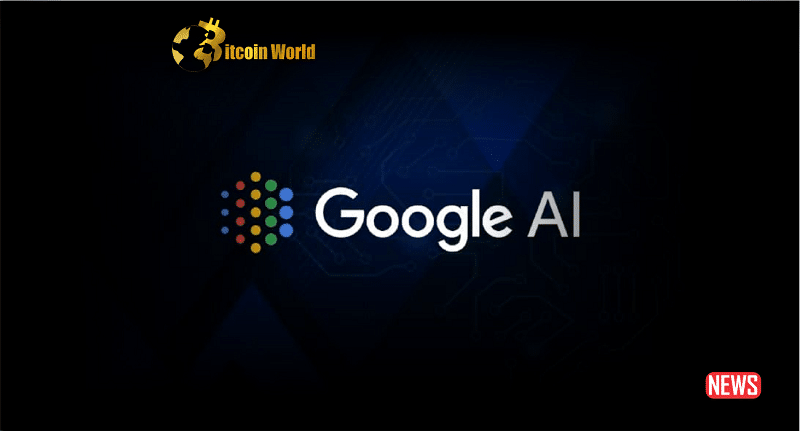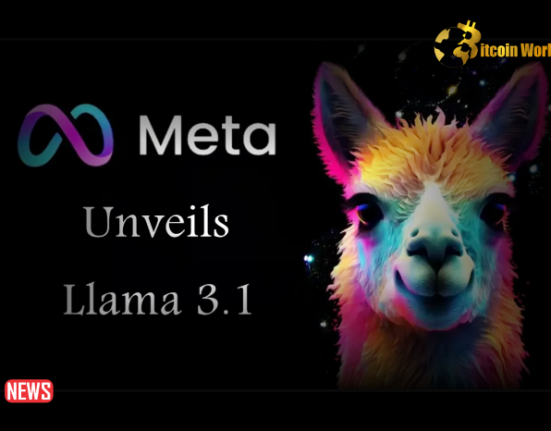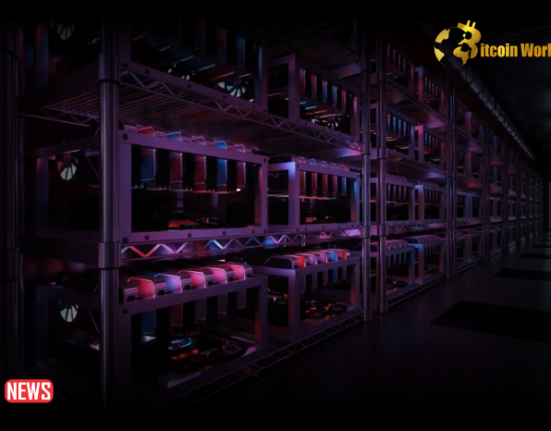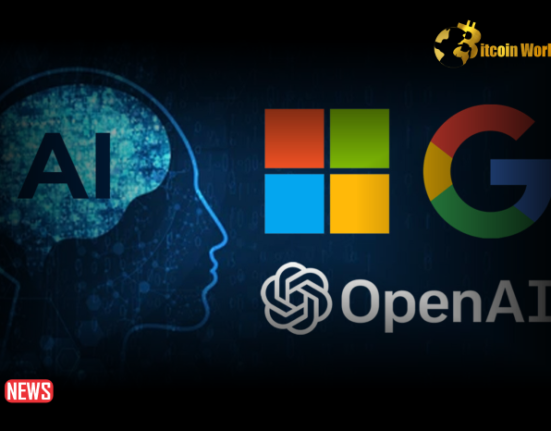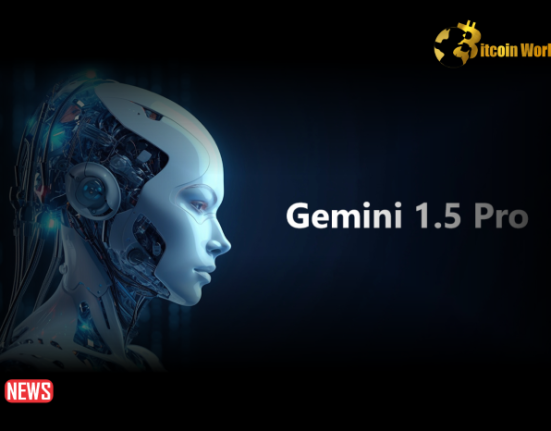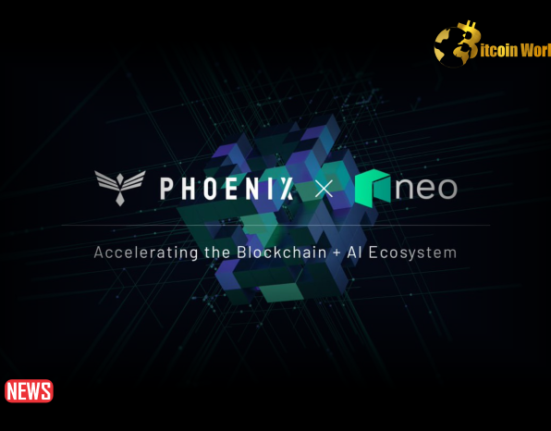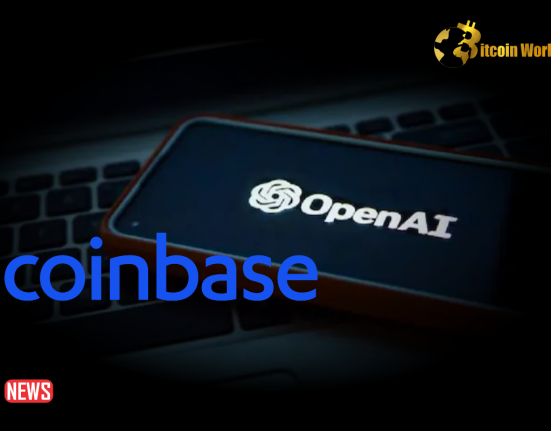Sundar Pichai, CEO of Alphabet, stated on the company’s Q1 earnings call that Google still intends to develop its AI systems in a “safe and responsible” manner despite recently merging the Brain Team at Google Research and DeepMind into one unit.
In addition, the company is upholding its promise to “invest responsibly and with discipline,” with machine learning being one of the key areas where it seeks to operate more cheaply and “with greater velocity,” according to the CEO.
“We have significant multiyear efforts underway to generate savings, such as enhancing machine utilization and identifying more scalable and effective methods to train and serve machine learning models,” Pichai stated. By redistributing workloads and equipment where servers aren’t being used to their full potential, we are improving the efficiency of our data centers. As we continue to make major infrastructure investments to support our numerous AI opportunities, this work is crucial.
Due to the merging of the DeepMind and Brain teams, the business has made improvements since releasing its “Bard” conversational AI in March, including integrating its PaLM model to the Bard. The API enables Bard to help with coding and development-related tasks, such as code generation.
On the company’s earnings call on April 25, Pichai announced that Google has also made its new MakerSuite tool and PaLM API available to developers so they could start creating new generative AI apps using the company’s huge language models. In his additional statement, he stated that “a number of organizations are using our generative AI large language models across Google Cloud platform, Google Workspace, and our cybersecurity offerings.”
Pichai stated that the company has included generative AI in its cloud offerings and made them accessible to cloud customers. He also noted that Google is the only cloud provider with NVIDIA’s new L4 Tensor Core GPU and its new G2 Virtual Machines, which are “purpose-built for large inference AI workloads, such as generative AI.”
Pichai said that 60% of the world’s 1,000 top enterprises are Google Cloud clients, and Alphabet reported $7.45 billion in revenues for the Google Cloud division for Q1 2023, up from $5.82 billion in the year-ago quarter.
According to the CEO, Google wants to “unlock entirely new experiences in Search and beyond” as AI capabilities advance, “just as camera, voice, and translation technologies have all opened entirely new categories of queries and exploration.”
In response to a query regarding the integration of Bard into Search products from JPMorgan’s Douglas Anmuth, Pichai stated that while Bard was initially introduced as a supplemental product to Search, the business aims to integrate large language model (LLM) experiences “more natively into Search.”
He did point out that the business intended to introduce such experiences “incrementally” in order to test, build, and innovate. “In general, I believe it can be used for a variety of questions. So I suppose I’m excited that it would enable us to better assist users in a class of inquiries, perhaps in which there was no correct response and they are more inventive, etc. So, those are opportunities, in my opinion. I believe you will see us explore in those ways even in our current question categories, where we have the opportunity to perform some heavy lifting for the users and use AI to better give — assist them. Although it’s very early, I believe there will be a lot of innovation.
In addition to sharing updates at Google I/O on how it is utilizing AI throughout its products, including the Pixel devices, Pichai expressed optimism about the potential for AI to assist people and businesses. He also indicated that the firm will disclose some new innovations for Android.
“We have effectively expanded knowledge access through the use of AI. We’ll keep incorporating generative AI improvements to improve Search in a methodical and considered manner. Data, years of expertise with what customers want, and our strict standards for quality will serve as our guidelines. And because we are aware that billions of people rely on Google to deliver accurate information, we’ll test and improve as we go.

